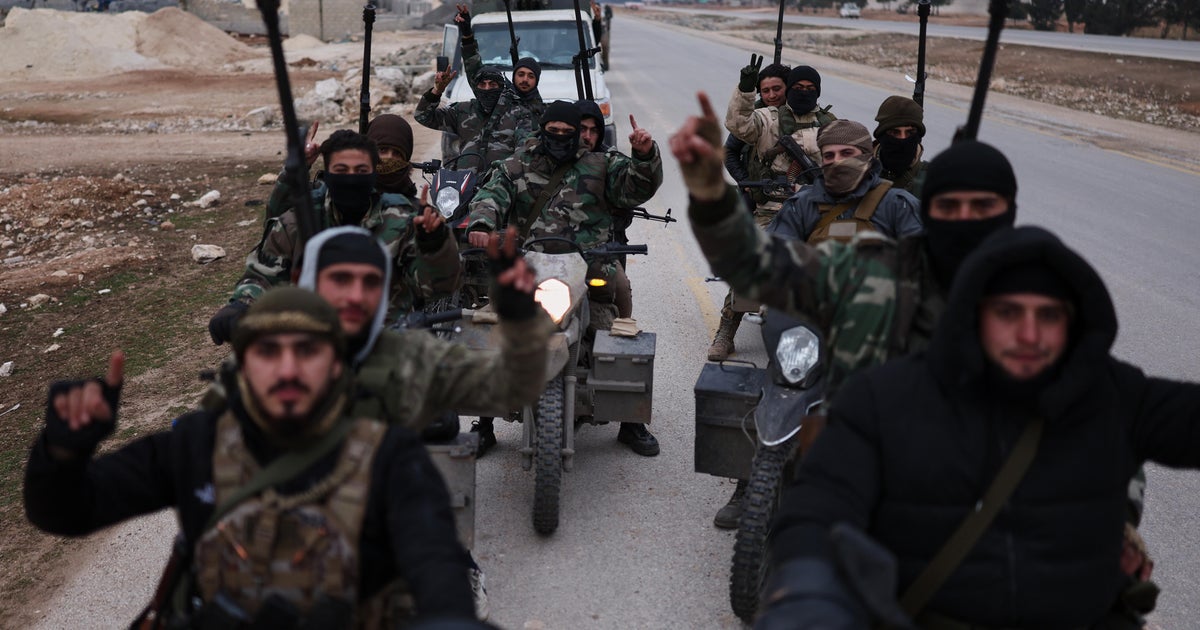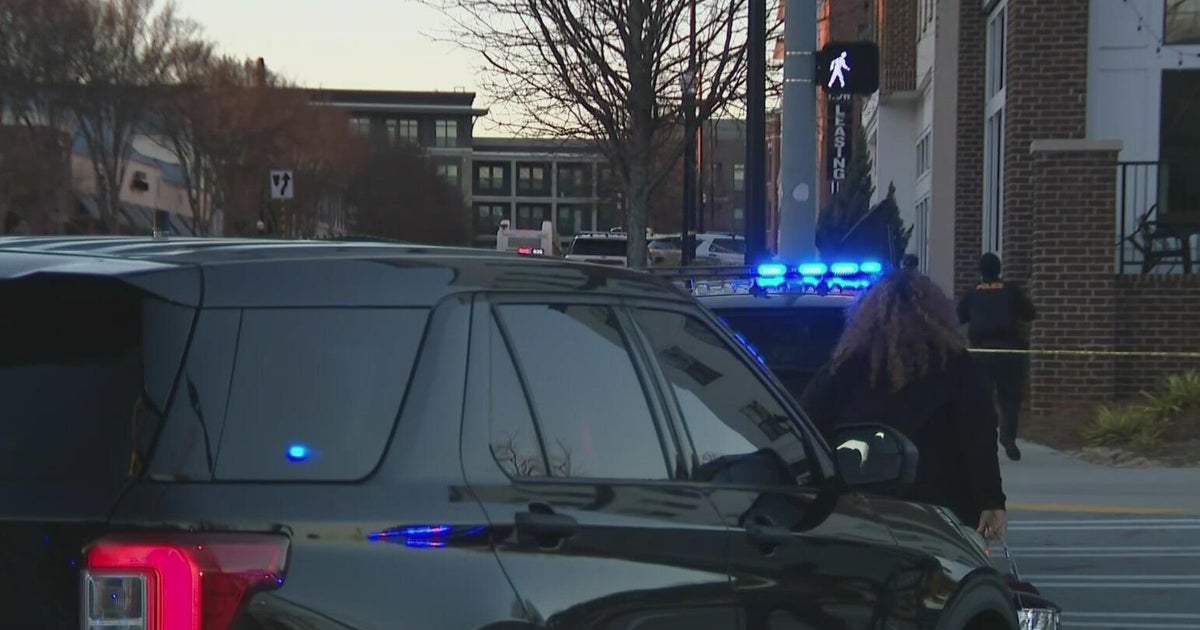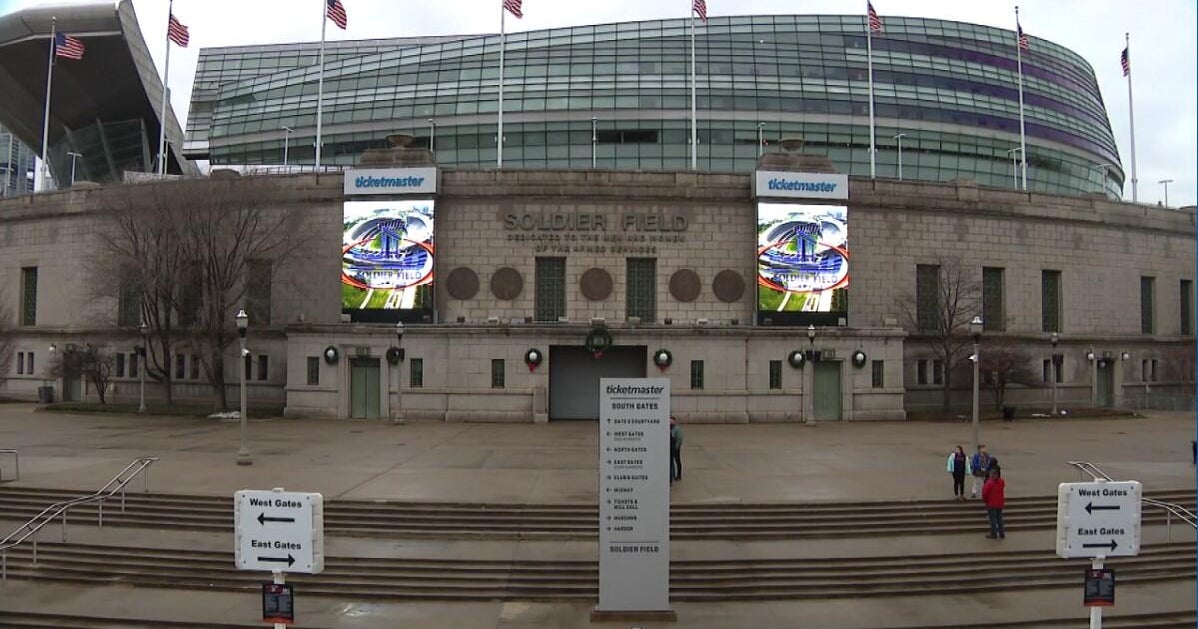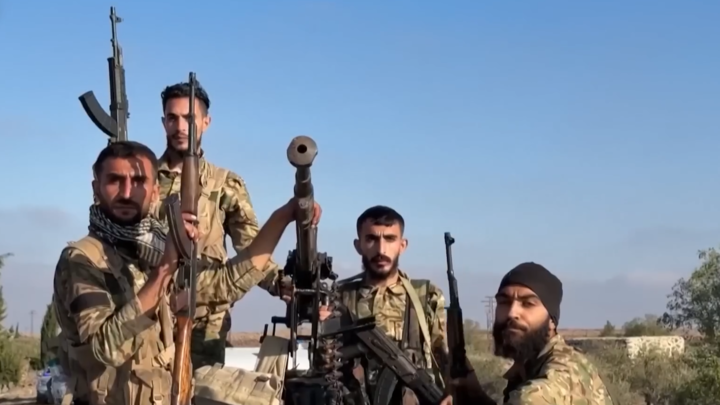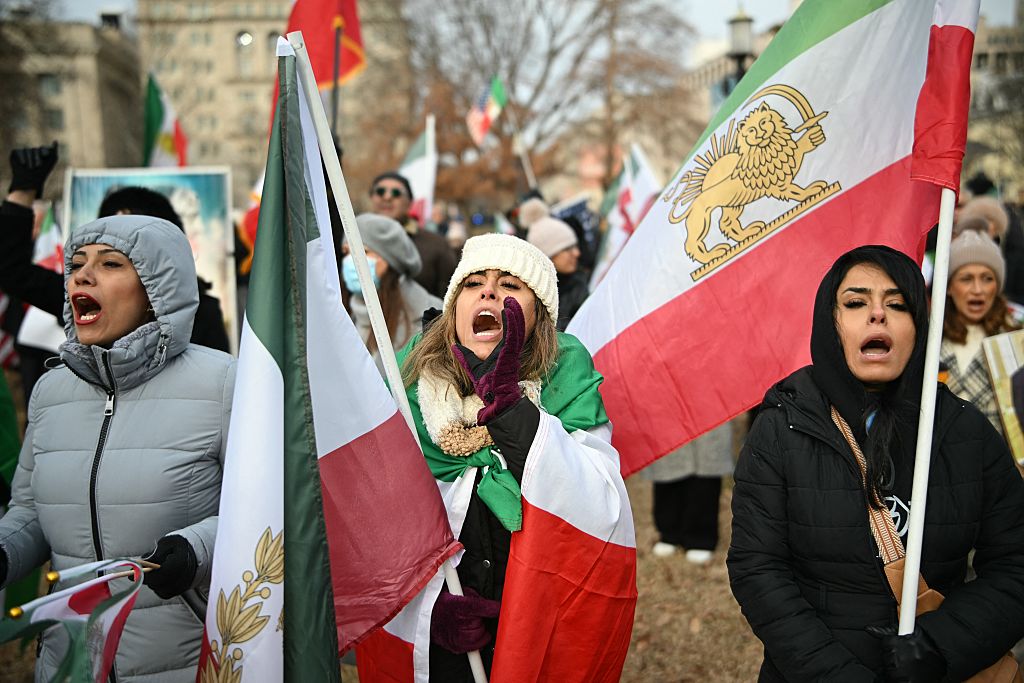Tensions rise as NATO urges Syria and Russia to halt airstrikes
London — NATO has called on the Syrian and Russian governments to stop carrying out airstrikes in Syria after 33 Turkish soldiers were reportedly killed in the country's northwest on Thursday. The deaths were the largest number of Turkish casualties recorded in a single day since Turkey intervened in the Syrian conflict in 2016, and marked a sharp escalation in tensions between Turkey, a NATO member that backs the Syrian opposition, and Russia, which backs Syrian President Bashar Assad's regime.
"We call on Russia and the Syria regime to stop the attacks, to stop the indiscriminate air attacks," NATO Secretary General Jans Stoltenberg said after an emergency meeting of ambassadors from allied nations in Brussels.
"We also call on Russia and Syria to fully respect the international law," he said.
"This dangerous situation must be de-escalated"
Turkey called Friday's emergency NATO consultation in Brussels. The main backer of the Syrian opposition forces, Turkey is helping defend the last opposition stronghold in the country, Idlib. Over the past few weeks, Russia has supported a Syrian-led offensive against Idlib, including with air support.
Turkey's role in northern Syria has been a major point of tension for NATO, and questions have been raised over what allies would do if Turkey invoked Article 5 of the Washington Treaty, which requires NATO members to defend each other if any one of them comes under attack.
"This dangerous situation must be de-escalated, and we urge an immediate return to the 2018 cease-fire to avoid the worsening of the horrendous humanitarian situation in the region," Stoltenberg said after the NATO meeting on Friday.
In a briefing Thursday, United States Ambassador to NATO Kay Bailey Hutchison said: "This is complicated because, of course, Turkey is our ally. We are on the same side in many areas, but in Syria especially, we are concerned about the whole – what Assad is doing, attacking Idlib, the people in Idlib again."
The United Nations Security Council scheduled an emergency meeting on Idlib for late Friday.
Worst humanitarian crisis in entire 9-year war
The fighting in Idlib has driven more than 950,000 people from their homes, creating what rights groups call the worst humanitarian disaster of the entire Syrian civil war. Trapped on the Syrian side of the Turkish border, many of the displaced cannot find space in any of the existing refugee camps, so they have been forced to create new, makeshift ones, CBS News' Khaled Wassef reports.
These makeshift camps offer no access to medical care or aid, and are particularly vulnerable to bad weather which has been hitting the region, Wassef says. Until recently, it was snowing there. After the snow, there were floods.
Turkey, which already hosts around 3.6 million Syrian refugees, says it cannot accept more. On Thursday, after the Syrian airstrike that killed its soldiers, it reportedly opened its borders to Greece, following through on a threat it has repeatedly made to stop impeding the migrant route to Europe from the Middle East. The move appeared to be part of an effort to pressure NATO and the EU to support its campaign in Idlib, Britain's Guardian newspaper reported. On Friday, scores of migrants had gathered by the Turkish-Greek border, seeking entry into Greece, according to the Associated Press.
The European Union warned that escalating tensions in Idlib could lead to all-out war.
"There is a risk of sliding into a major open international military confrontation," EU foreign policy chief Josep Borrell tweeted Friday. Fighting in Idlib "is also causing unbearable humanitarian suffering and putting civilians in danger."
